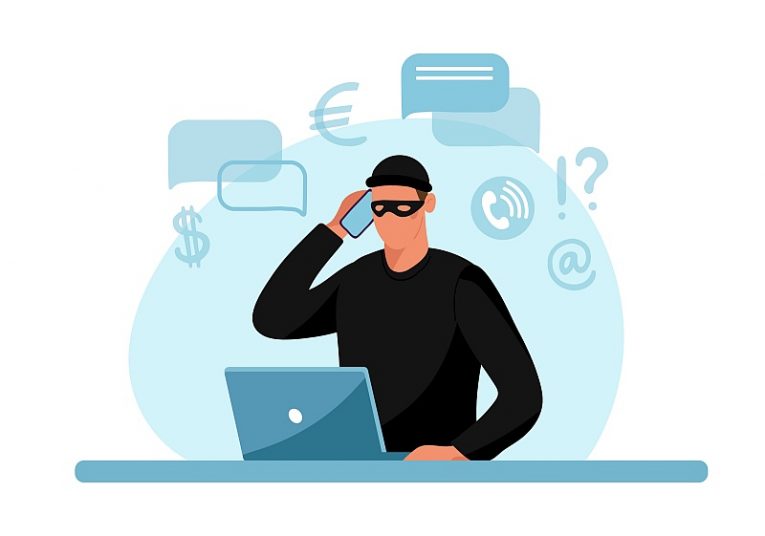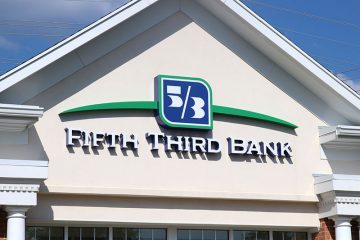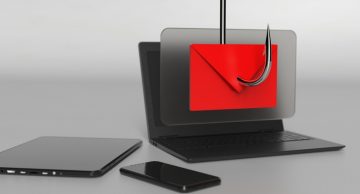'Bank Of America - Fund Transfer' Email Scam

After examining the "Bank Of America - Fund Transfer" email, we have established that it is a phishing attempt and a scam. This fraudulent email mentions several legitimate organizations and asserts that a substantial monetary sum will be distributed among 700,000 individuals in America, Europe, and Asia, with the recipient being one of them. The primary aim of this email is to obtain personally identifiable information.
It is crucial to emphasize that all the details presented in this spam email are fictitious, and it has no affiliation with any reputable companies or institutions, much less the Bank of America.
The fraudulent email, with the subject "Bank of America Email Notification" (which may vary), falsely claims that Bank of America will transfer $3.5 million to the recipient's account, sanctioned by the "World Bank Swiss WBS." Supposedly, this fund originates from a United Nations-established fund, with distribution carried out in cooperation with the UN, the "Swiss Bank," and the US government. This money is purportedly intended for distribution to 700,000 individuals spanning America, Europe, and Asia.
As mentioned earlier, all of these assertions are baseless, and this email has no connection to Bank of America, the World Bank, the Swiss National Bank, the United Nations, or any other legitimate entities.
This spam message requests the recipient to "reconfirm" the following information: full name, birthdate, residential address, and phone number.
Revealing such sensitive information can lead to severe consequences, including financial losses and the risk of identity theft.
How Can You Tell an Email is a Scam?
Detecting a scam email can be challenging, as scammers use various tactics to make their messages appear legitimate. However, there are several common signs and red flags that can help you identify a scam email:
- Generic Greetings: Scam emails often use generic salutations like "Dear Customer" or "Hello User" instead of addressing you by name. Legitimate organizations usually personalize their emails with your name.
- Poor Grammar and Spelling: Scam emails often contain grammar and spelling mistakes. Legitimate organizations typically proofread their communications.
- Suspicious Sender Email Address: Check the sender's email address. Scammers may use email addresses that mimic legitimate domains but have slight variations or misspellings.
- Too Good to Be True: If an email offers a deal or opportunity that seems too good to be true, it probably is. Scammers use this tactic to lure victims.
- Requests for Personal Information: Be wary of emails that ask for personal information like passwords, Social Security numbers, or credit card details. Legitimate organizations don't request sensitive information via email.
- Unsolicited Attachments or Links: Avoid opening attachments or clicking on links in unsolicited emails. Scammers may use these to deliver malware or phishing websites.








